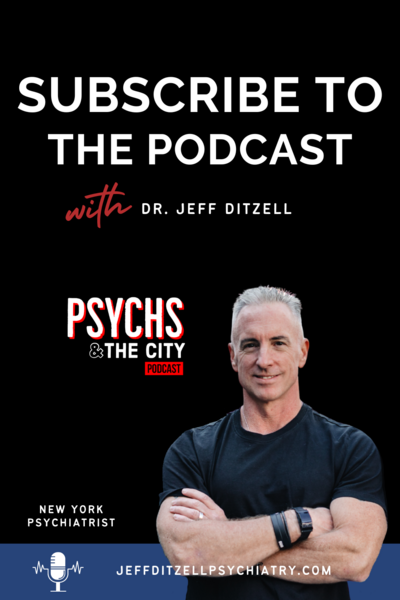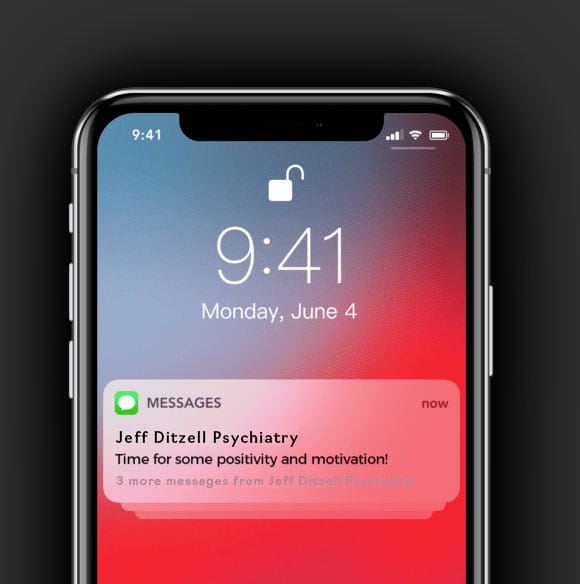
Attention deficit hyperactivity disorder (ADHD) is a neurodevelopmental disorder that affects millions of people worldwide. ADHD is commonly associated with children, but it can also affect adults. According to the American Psychiatric Association, 4.4% of adults in the United States have ADHD. In this blog post, we will explore the signs and symptoms of adult ADHD and how it can be managed.
One of the hallmark symptoms of ADHD is difficulty with organization. This can manifest in a variety of ways, including difficulty with time management and prioritization, chronic disorganization, difficulty completing tasks, forgetfulness, and poor memory.
Individuals with ADHD may struggle with paying attention and staying focused. They may experience frequent daydreaming and lose track of their thoughts. They may also have a tendency to become easily distracted, which can interfere with their ability to complete tasks and stay on track.
Impulsivity is another common symptom of ADHD. This can manifest as acting without thinking, difficulty delaying gratification, and engaging in risky behavior. Individuals with ADHD may also interrupt others and struggle with social cues.
Hyperactivity is commonly associated with ADHD, but it is not always present in adults. When it is present, individuals with ADHD may have a constant need for physical movement, a tendency to fidget and squirm, and difficulty sitting still for long periods of time.
ADHD can also affect an individual’s ability to maintain relationships and make friends. They may interrupt or talk over others in conversation and forget important dates or events. This can lead to difficulty with social interaction and a sense of isolation.
Individuals with ADHD may struggle with low self-esteem due to difficulty accepting criticism, struggling with completing tasks and feeling like a failure. Anxiety and depression related to ADHD symptoms can also contribute to low self-esteem.
If you suspect that you have ADHD, it’s important to seek a professional diagnosis. There are several treatment options available, including medication, therapy, and lifestyle changes. Lifestyle changes can include practicing good sleep hygiene, regular exercise, and developing good time management habits.
Dr. Jeff Ditzell is a psychiatrist in New York City who has extensive experience working with patients with ADHD. He takes a personalized approach to patient care, working with each individual to develop a comprehensive diagnosis and treatment plan. Dr. Ditzell can help individuals manage the symptoms of adult ADHD and improve overall well-being.
To wrap up, recognizing and managing adult ADHD symptoms is important in leading a fulfilling and rewarding life. Seeking professional help and understanding the symptoms of the condition is the first step toward managing ADHD. Dr. Jeff Ditzell, a highly experienced psychiatrist in New York City, has a unique personalized approach to patient care, ensuring each individual receives a comprehensive diagnosis and treatment plan. If you suspect that you have adult ADHD, don’t hesitate to seek professional help, and with the right support and guidance, you can manage your symptoms and improve your overall well-being. Book your appointment today!

Dr. Jeff Ditzell, D.O. is the lead psychiatrist at Dr. Ditzell Psychiatry with over 25 years experience treating people for Anxiety, Depression, OCD, PTSD, Adult ADHD, Bipolar Disorder, using ketamine treatments, psychotherapy, and so much more.
 Hello,
I'm Dr. D!
Hello,
I'm Dr. D!
At my psychiatry practice in New York Cty, we're focused on giving you a 360 approach to mental health. It's time we end the stigma on mental health.

Each week we'll explore all things Mental Health, Mindset, Fitness, and Psychiatry!
tell me moreYou know what they say “self-care” is the best care. Why not kick off your morning the right way by signing up to receive our positive text messages reminding you to be mindful and encouraging you to conquer the day!
